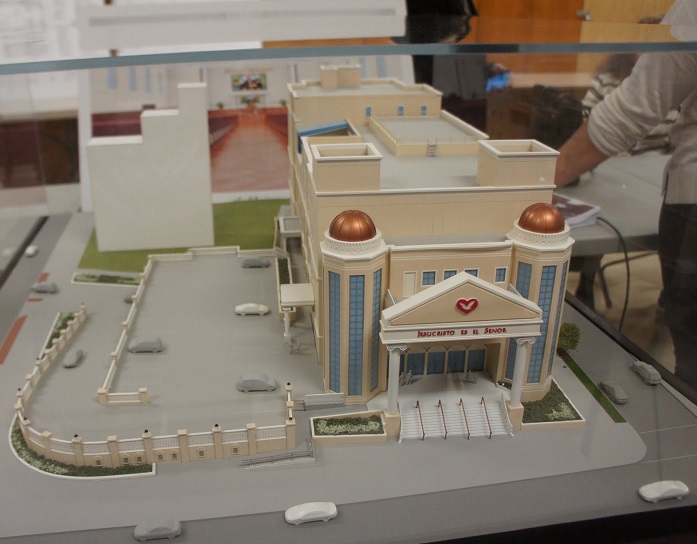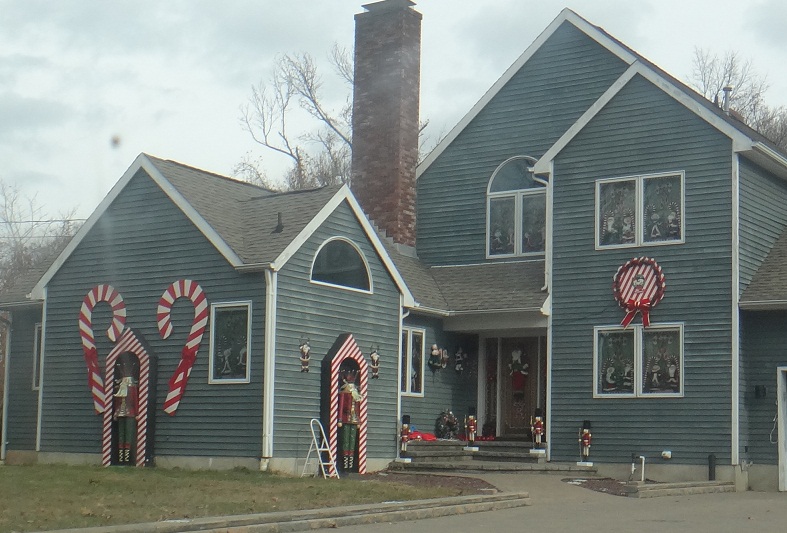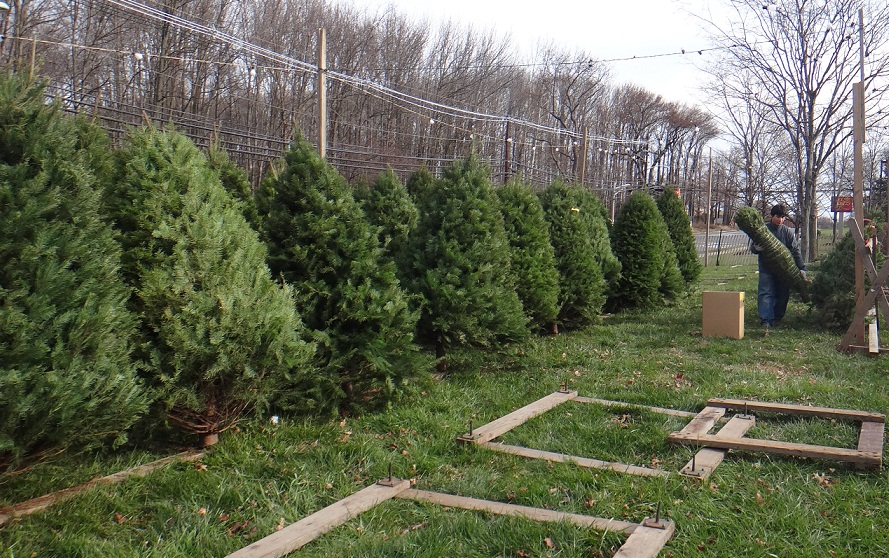Threat of gentrification worries ‘Little Manila’ in Queens
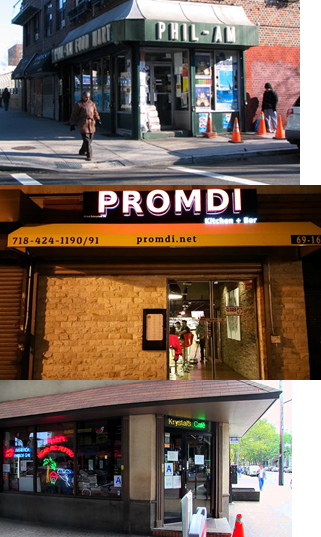
Phil-Am Food Mart, Promdi Kitchen & Bar and Krystal’s Café are among the businesses that may be impacted by heavy traffic likely to be caused by the three-year project.
Gentrification, critics argued before a Queens Community Board 2 hearing on September 27 will bring a “myriad of economic and social repercussions.” They said that the three-year project will further congest the corner of 69th Street and Woodside which is already a chokepoint and clog up the communities of Sunnyside, Woodside, Jackson Heights, and Elmhurst.
According to protesters, while previous occupants of the church space have elected to expand in other industrial areas, the current owners of the facility intend to make Little Manila the American headquarters of their Brazilian Pentecostal Church. They are requesting special permission from the city to waive the rules so that the church is able to build an additional three stories higher in order to house a recording studio, private apartments for church leaders, and a spa, they alleged in a statement.
“This church preys on poor immigrants by literally selling them false hopes while church leaders get richer and richer,” said Woodside resident Dan Raymond, organizer of the Queens Anti-Gentrification Project.
He said the church’s founder, multimillionaire Edir Macedo, has been “accused of secretly diverting hundreds of millions of dollars of donations from the poor into private business for his own gain.”
He said, “This church preys on the same immigrant communities which are under threat of displacement from gentrification. So, not only do we want to prevent this development, but we believe we should investigate and ask ourselves why we should even allow this exploitative organization to exist in the first place?”
Aries Dela Cruz, president of FADC New York said the megachurch developers appeared unprepared for the “overwhelming community opposition” to the project.
The projected construction, according to protesters, is 30 feet taller than surrounding buildings, and threatens to generate short-term and long-term disruptions. They said three years of construction will cause revenue disruption to surrounding small businesses.
If completed, the Woodside community would then have to deal with massive pressures on street parking as a result of the inadequate number of spaces promised by the development (only 150), as well as an 11-foot wall that will surround the development, shutting off the megachurch complex from the street and creating a “dead zone” that will be devoid of retail or street life especially late at night, they said.
The groups urged the developers to sit down with the Community Board and local representatives from the immediate and surrounding community to negotiate an amicable solution and plan that works for everyone.
Chrissi Fabro, secretary general of Anakbayan New York, said Woodside is home to 13,000 Filipino migrants, workers, and their families.
“This construction will encourage developers to come in and raise the property value. The increased cost of rent will force the community to leave because they can’t afford it,” she said.
Steven Raga, chairman of the National Federation of Filipino American Associations in New York, called it “out-of-context development.”
Anakbayan, NaFFAA, the Filipino American Democratic Club (FADC) of New York and other organizations opposed to the development are mobilizing the community to show up at the next hearing scheduled for November 3rd in front of the full Community Board.
“The fight to save Little Manila is one we all have a stake in,” said Marian Guerra, political director of FADC New York, as she called on FilAms to organize and “make our presence known at spaces where decisions are often made without our input.”
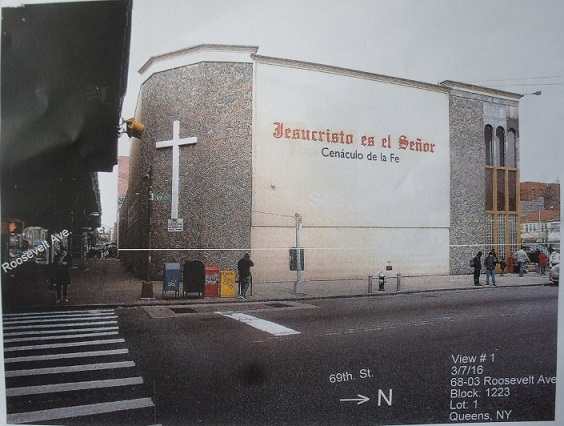
Top: The Jesucristo es el Senor Church on Roosevelt Avenue. Below: The proposed megachurch is 30 feet taller than surrounding buildings.
